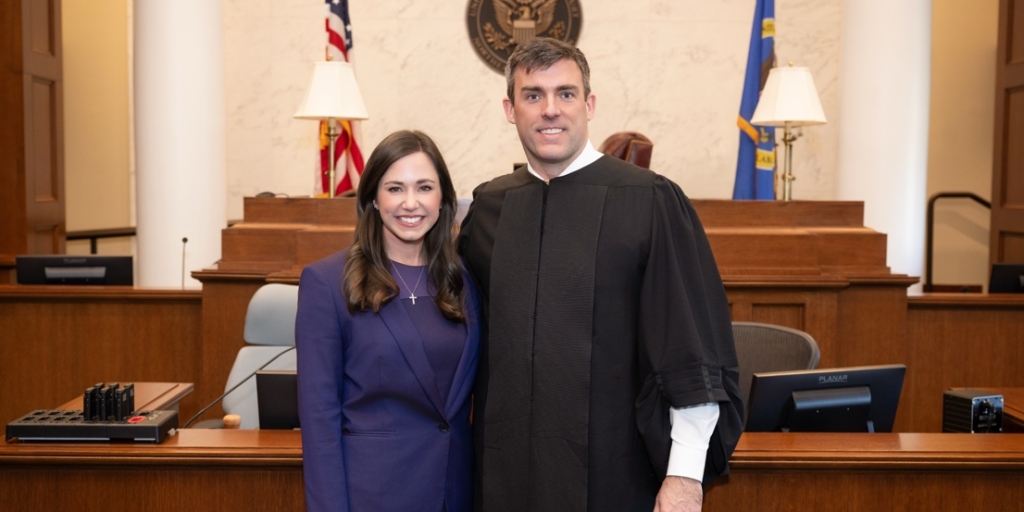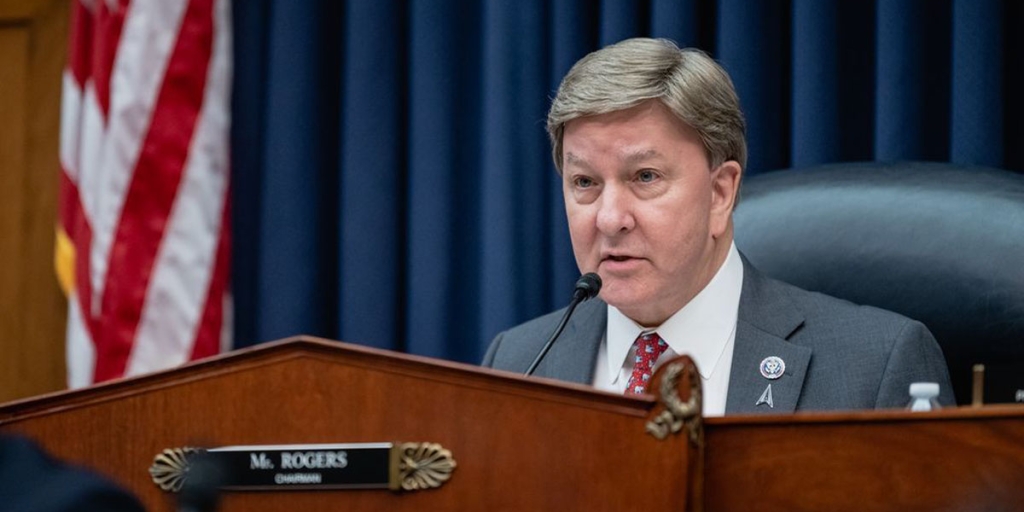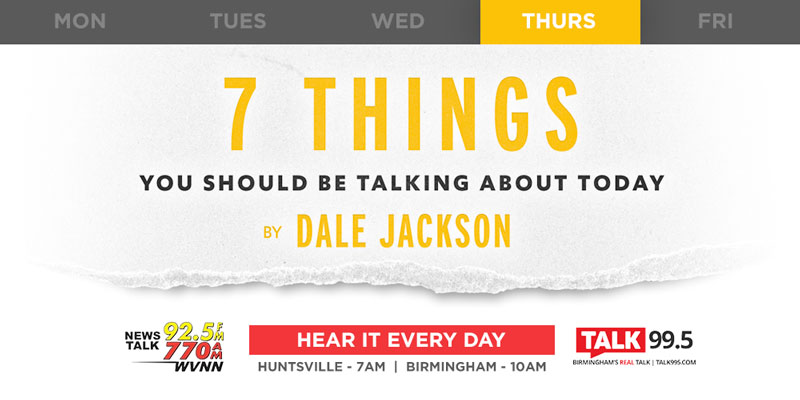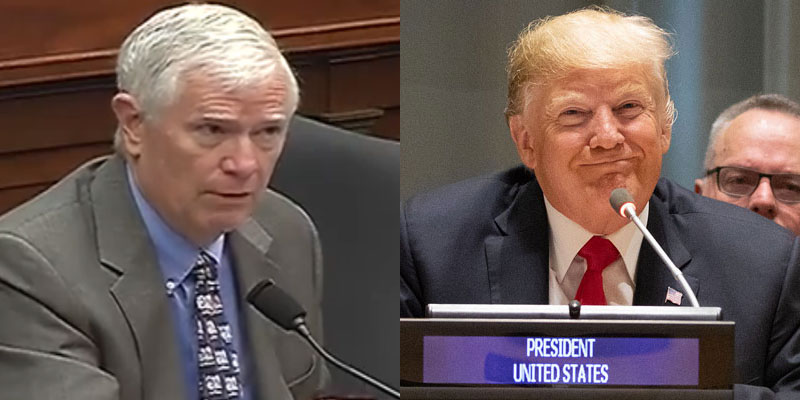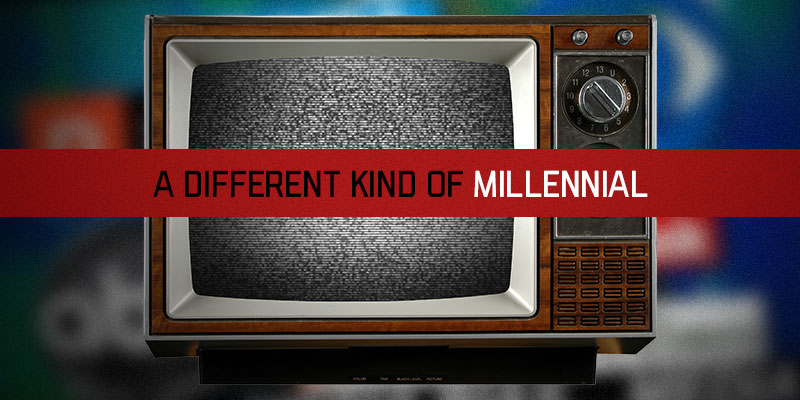
When you have your face buried deeply in your phone at nearly all hours of the day, it’s hard to not stay connected. But the millennial generation is often cited as being one of the most uninformed generations to have ever graced this Earth. If more and more people are being exposed to mass media, why is it that a whole generation remains so naïve?
This issue largely lies in a reduced attention span, the direct result of a society that prides itself on instant gratification. As the technology of our world has evolved, information is perpetually available, forcing news agencies to find every story they possibly can, overwhelming and disengaging the general public in the process. The millennial generation has been born into this world of information overload, and has responded in the most human way possible to said overstimulation: blocking it out.
A constant news cycle leaves new agencies scrambling to fill the airtime. Thus the airways and internet are filled with stories that strive for mass appeal, often at the cost of trading investigative journalism performed with integrity for lackluster opinion pieces posing as news stories. The assertion of “fake news” made by President Trump in reference to CNN isn’t far-fetched when you consider CNN is so focused on the “social justice cause of the week” that it ran an article entitled “Is Racism Why Adele Beat Beyonce At The Grammys?”.
The perpetual need to find the next story, and to report on anything and everything possible, has, in effect, forced news agencies to create their own news. The stories, if not entirely false or speculative, are disingenuous: they can’t be trusted. Millennials have witnessed first-hand the power of the media and its failure to take hold. They’ve lost faith in the very thing meant to assure us protection from näivety. Even then, that faith is held true only if we can manage to keep our focus on the screen long enough to understand a developing story.
Mixed amongst substandard stories covering the lives of overpraised celebrities and inconsequential events, real, hard-hitting news is hard to find, follow and fully understand. Staying up-to-date with the news becomes an arduous task of constantly checking websites or television channels. A person spends their time hoping that in the ten minutes they’ve looked away, Kim Kardashian hasn’t gotten another divorce, Beyoncé isn’t having another baby, and Kim Jung Un hasn’t finally launched his missile(s). In a world of instantaneous gratification, if millennials cannot track or understand a story fully within a few minutes of reading the article, they stop caring. The world is a big, scary place, full of detail that takes time to understand. Why should I, as a millennial, care about what’s happening in Syria when I can look at pictures of dogs on my phone right now? The gap between the uninformed and the informed grows bigger as technology grows faster (be scared, these people vote).
The media available directly to college students doesn’t do anything to fix this gap. At the University of Alabama, the school paper is a conglomerate of naïve opinions and unneeded commentary, mixed amongst advertisements for sexual health services, public intoxication lawyers, and less-than-acceptable rental properties. The political commentary of overtly liberal students (who’ll go on to pose as ‘journalists’ in their future) hurts any mass appeal the paper might gain and begs the question as to why the school is using student funding to perpetuate nothing more than a bi-weekly stack of crosswords and sudoku puzzles. The sports column might be the only thing worth reading, and that’s only if the team’s winning.
The average millennial has either become near brain-dead, blindly absorbing whatever ‘news’ crosses their social media stream, or simply opts to be out of the loop (A few of us opt to consume media from Right-leaning sources – I for one enjoy the “My Pillow” and AARP advertisements played on Fox News).
There is hope though, a hope found in the recent collapse of the tunnel vision brought on by sensationalized, falsified, and politicized news. The United Kingdom’s departure from the European Union is happening; the Republicans strengthened their hold on Congress; and Donald Trump is President. If you’d have believed the media, you’d have thought none of those things would happen. Millennials have been raised to prioritize how they allocate their resources. We’ll only give you our time if we can trust you, and it’s up to the news media to rebuild that trust.

Gerald Fraas is a Political Science/Economics student at the University of Alabama. He presently serves as the UA College Republicans Chairman and as the Executive Director of the College Republican Federation of Alabama. His column runs time on issues pertaining to millennial Alabamians and Americans.




